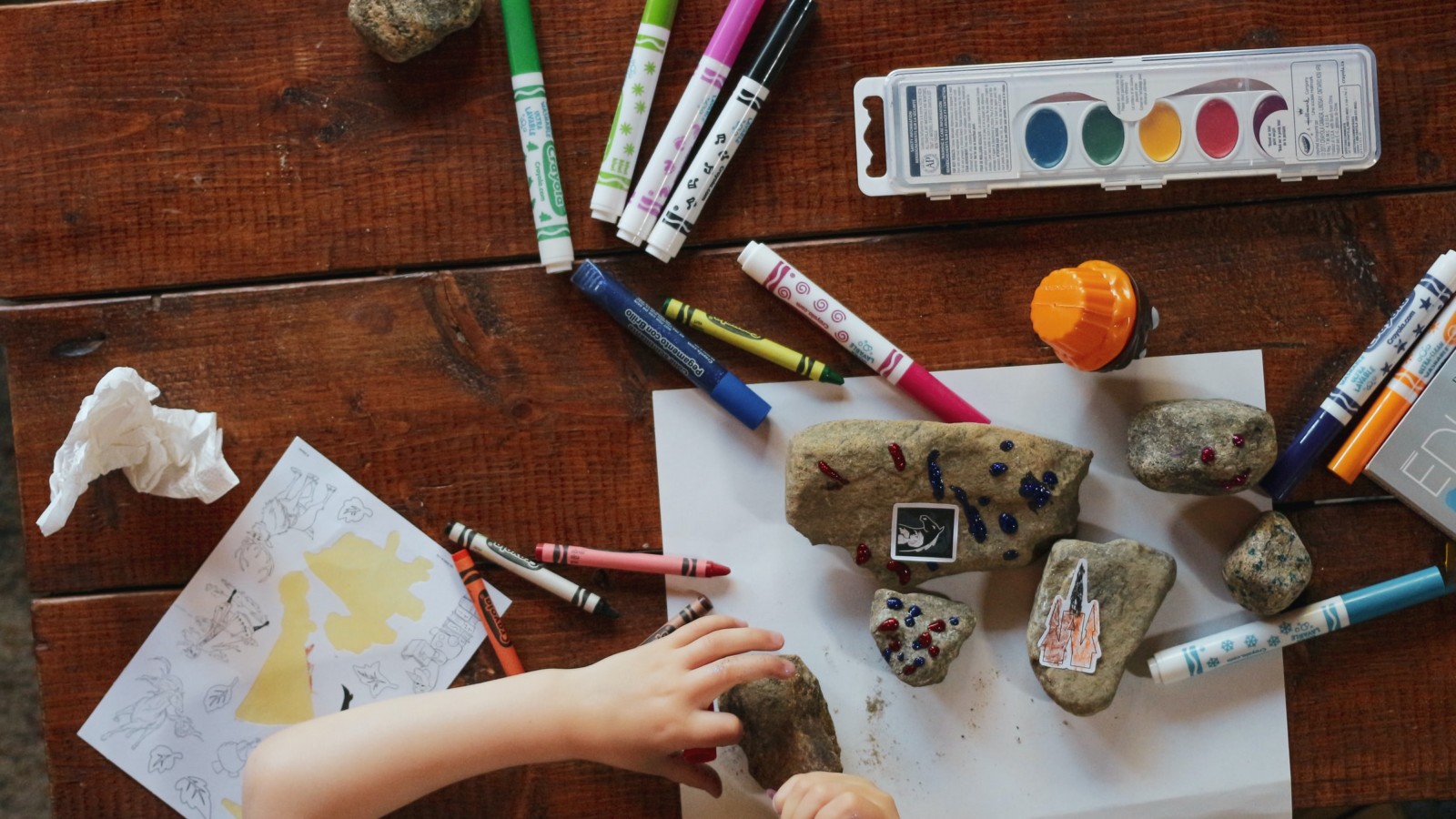What is your favourite coping skill? Singing? Reading? Meditation? Each of us have our own repertoire of coping skills which help us cope better with difficult or stressful situations, whether it’s extreme boredom, an urge to self-harm, or anxiety before a presentation. Although the seriousness of the situations and their impact may be different for each person, experience tells me that there is a surprising overlap in what we find helpful.
In one of my volunteer roles as Crisis Counselor with Crisis Text Line, ‘99 Coping Skills’ is one of my go-to referral resources to share with texters. Think that’s a whole lot of coping skills? Not so, because most of our toolboxes are filled with a variety of coping skills, and even our favourite coping skill likely won’t be equally helpful in all situations. I pulled up this list again to see how many of the 99 coping skills I have used myself or am still using, and the results surprised me. So, I’m sharing the list with you (with added commentaries from yours truly). Here are the next 10 on the list:
31. Paint or draw.
I think I enjoyed drawing in school’s arts class as a kid and even considered a fulltime career as an artist (!), before perhaps realising there were many other things that I enjoyed more than arts and crafts. For me, the appeal of drawing comes down to freedom – freedom to make my own rules about my ‘creation’ without anyone telling me something I created was right or wrong, or not good enough. If this freedom really is what it’s all about, then I guess I can say I have several avenues to express my creativity, like my Mental Health First Aid training.
32. Rip paper into itty-bitty pieces.
This reminds me of those ‘stress rooms’ where you pay a fee to smash and wreck stuff in an enclosed room to relieve stress. Or perhaps it is the effort required to rip paper into tiny pieces that helps you focus and distract yourself from a stressful situation.
33. Shoot hoops, kick a ball.
I would be the first to admit that I am no athlete, although I fantasised awhile about being a super talented and successful Olympic athlete in all sorts of sports. There is much that has already been written about the many benefits of physical activity, which is very much relevant here – increased endorphin, reduced inflammatory substances, social interaction, getting fresh air (with or without a mask on), and de-cluttering the mind.
34. Write a letter or send an email.
Diary come to mind, where you jot down thoughts, feelings, experiences, plans, dreams, etc. I admit I have, at times, written to a friend I have not written to, seen, or talked to in a while, which then helped us reconnect as well as distracted and energised me.
35. Plan your dream room (colours/furniture).
I know that lots of people are into (and good at) home renovations and DIY projects in and around their homes, which I admire. Perhaps we can expand this to planning and thinking about dream house, garden, career, etc.
36. Hug a pillow or stuffed animal.
It’s hard to deny the appeal of any object which is soft and fluffy. Or a fluffy pet animal.
37. Hyperfocus on something like a rock, hand, etc.
This one is perhaps not as intuitive as others on the list, but I think the trick is to focus on the many aspects of something, like a rock or a hand, that we may usually not pay close attention to or think much about. For example, we might think about the colour(s), texture, and smell of a pebble, and where it came from.
38. Dance.
‘Work hard, play hard’ is one of my mottos, so it goes without saying that I like to dance. The most fun I’ve often had dancing, though, was when I danced like no one else was around, even if there was a whole throng around me.
39. Make hot chocolate, a milkshake, or a smoothie.
As someone who doesn’t particularly enjoy cooking (yes, the above activities would be classified as cooking in my book), I wonder which would be more satisfying, making a hot chocolate or drinking it? I reckon it’s both.
40. Play with modeling clay or Play-Doh.
Back to arts and crafts! And again, no rules or judgments about my creativity, and that’s what makes this work.
Reference
99 Coping Skills. (n.d.). Retrieved from http://www.yourlifeyourvoice.org/Pages/tip-99-coping-skills.aspx


